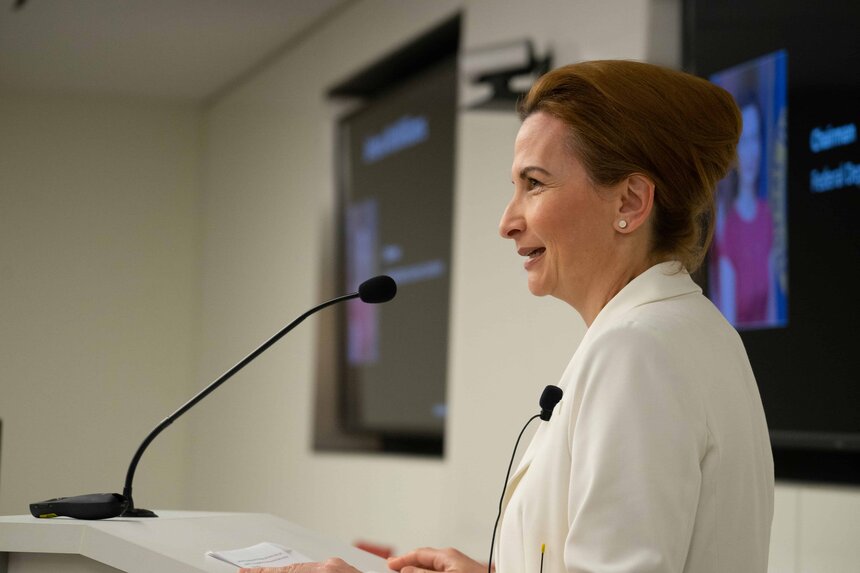Hacking New Solutions: US Financial Regulators Enter Unchartered Territory

When it comes to fighting financial crime, bad actors are massively outgunning the good guys. According to official estimates, between 2 and 5 percent of global GDP —up to $2 trillion—of illicit money flows to finance heinous crimes, such as modern human slavery, which impacts an estimated 40 million people, 10 million of whom are children. Despite spending tens of billions of dollars on compliance and law enforcement, estimates suggest that authorities capture less than one percent of financial crimes and money laundering, which evades taxes and enables international terrorism and the illegal trafficking of drugs, arms, and endangered species.
“Financial crime is digital, real-time, and networked. Our efforts to stem it are largely analog, delayed, and siloed,” said Jo Ann Barefoot, a former regulator who has officially launched today new nonprofit, the Alliance for Innovative Regulation (AIR) with an investment from Flourish. “There is broad-based agreement that our efforts to stop money laundering have failed, and we dramatically need new approaches.”
Given the daunting challenge of financial crime, no wonder that Barefoot’s efforts to help bring about technological innovation in financial regulation started with new efforts to attack financial crime. Teaming up with the UK’s Financial Conduct Authority (FCA), Barefoot and AIR orchestrated the first-ever, regulatory TechSprint in the US, bringing together some 150 representatives from financial institutions, fintech and regtech startups, services providers, and regulators to leverage the latest technology and collaborate on the creation of new techniques to fight financial crime. Seventeen US financial regulatory agencies sent 65 regulators to observe how diverse teams from different backgrounds can spend 3 days on focused problem-solving to develop and demonstrate new solutions. While this kind of collaboration across the ecosystem is unchartered territory for US regulators, interest is high and three US agencies had staff participating directly on the solution teams.
“We borrowed the approach from private, tech-sector hackathons,” said Samantha Emery, the Head of the Innovation unit at the UK’s FCA, when she spoke to the Washington DC crowd participating in the event. “But regulators don’t like the idea of hacking, so we rebranded it as a TechSprint.” The FCA is widely recognized as a pioneer in regulatory innovation, and their latest TechSprint in London—with live links to the event in the US—was their 7th gathering with participation of regulators from 44 countries.
The objective for the DC-based teams was to link technologists with subject matter experts and code a demo showing readiness for an incubation environment. Issues tackled ranged from identifying synthetic ID fraud; to using modern graphing technology that visualizes financial data flows and helps spot anomalies; to facilitating sharing of “suspicious activity” information among financial regulators who have the legal authority to do so, but lack the technology capabilities.
In her address to the US TechSprint participants, the chair of the Federal Deposit Insurance Corporation (FDIC), Jelena McWilliams, acknowledged one of the structural challenges in the US—the more prominent regulatory agencies focus on banks, whereas much of the technology-led innovation happens in the nonbank financial sector.
“We need broader adoption of technology for traditional banks to remain relevant,” McWilliams said. She stressed the FDIC’s commitment to remove frictions, help the industry reduce costs, and improve market participants’ interactions with regulators. The Washington DC TechSprint and AIR’s unprecedented efforts to demonstrate new problem-solving techniques and help regulators embrace technology is a giant step towards improving collaboration and the collective effectiveness of US financial regulation.